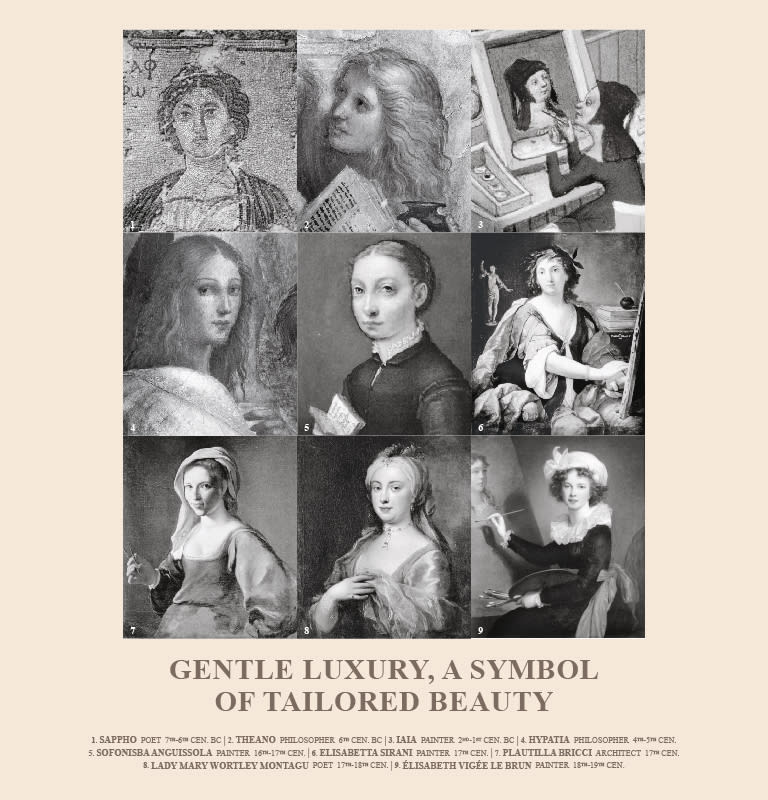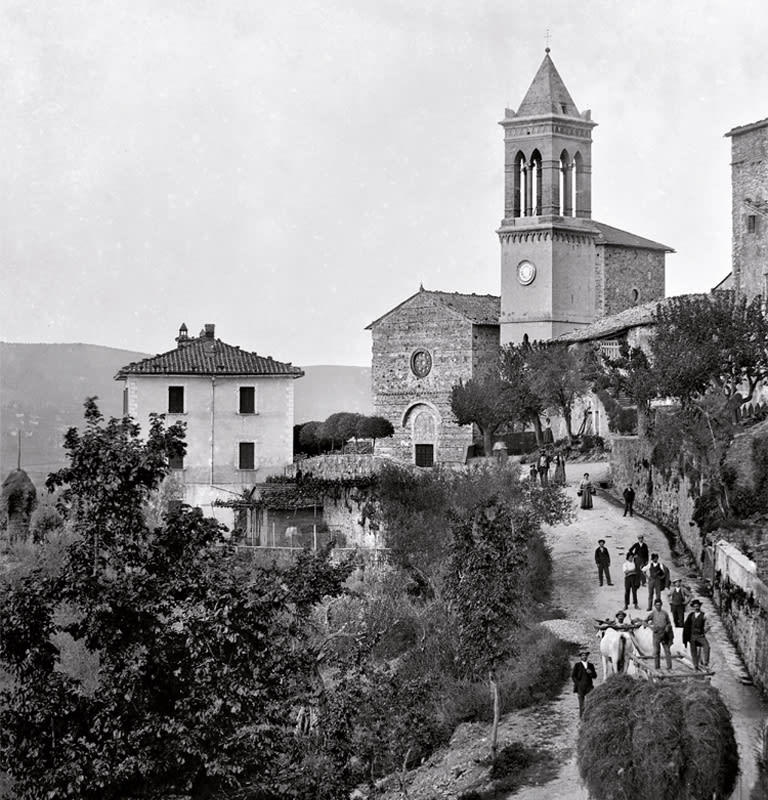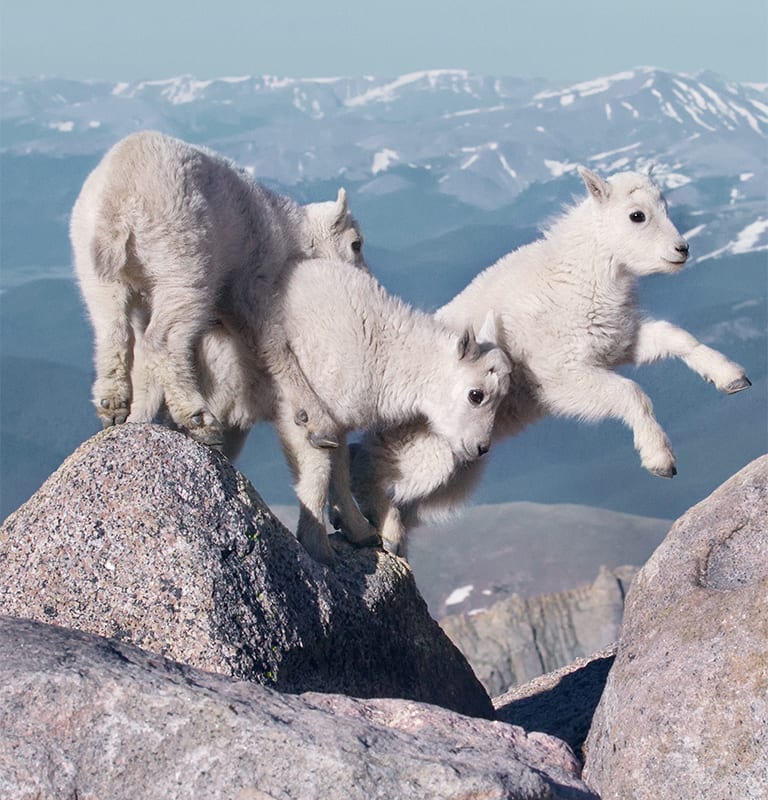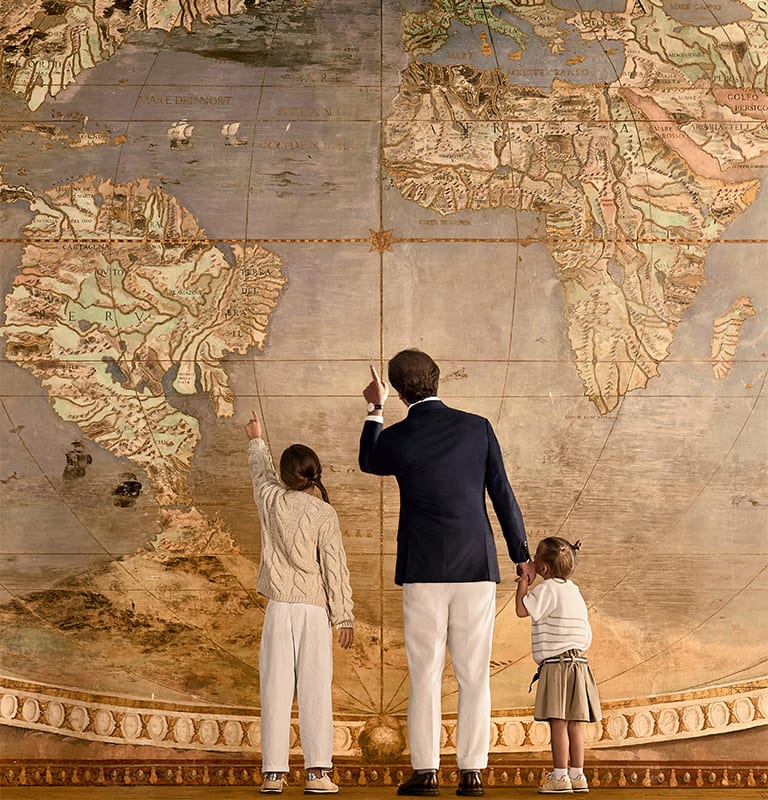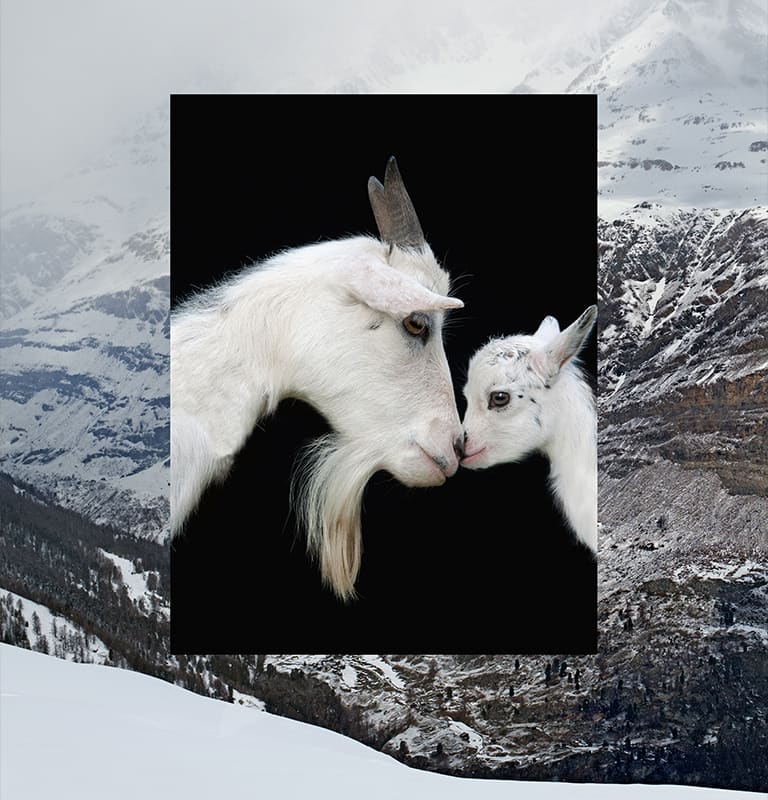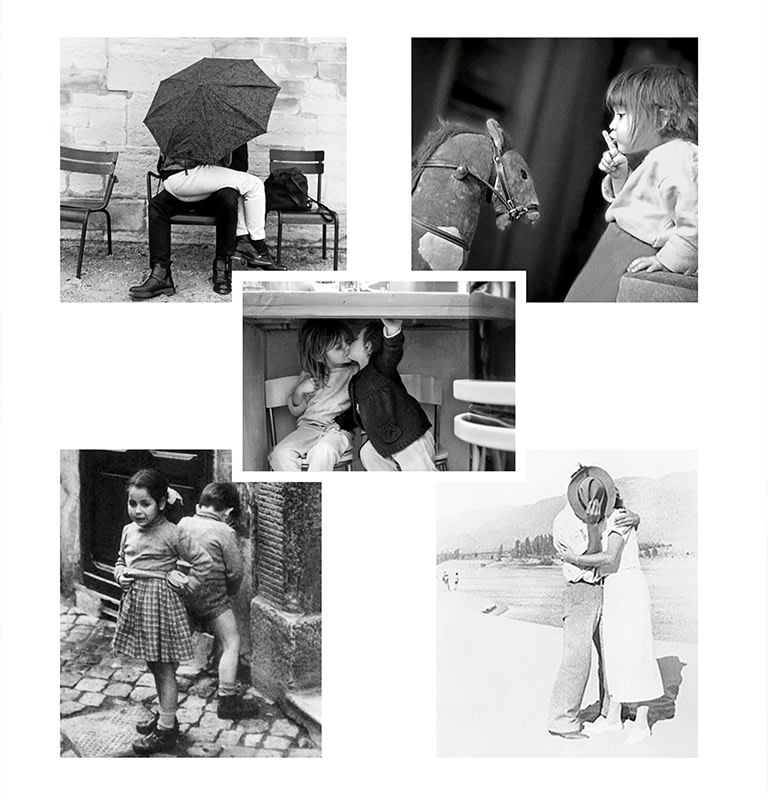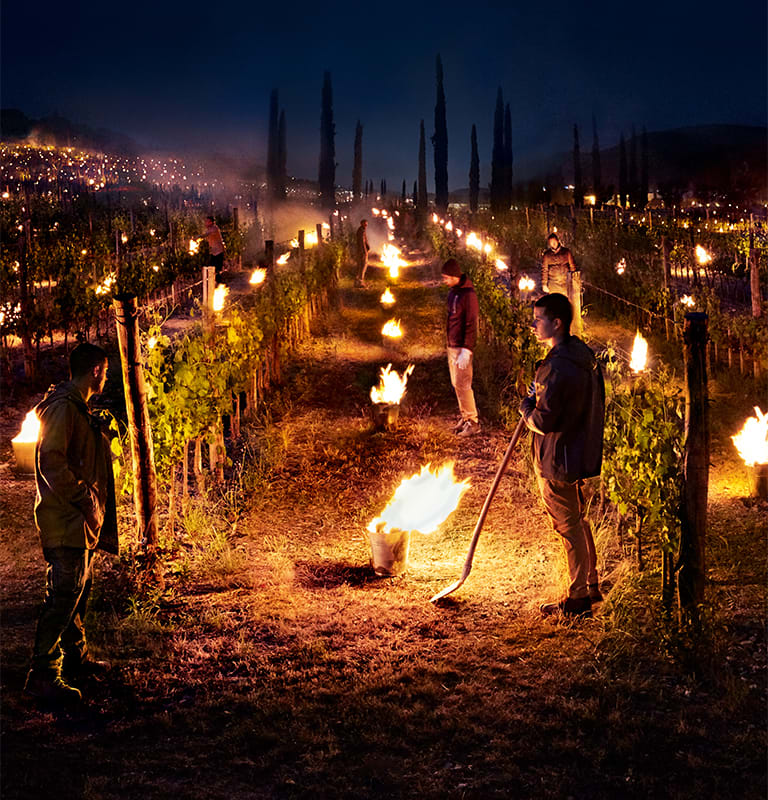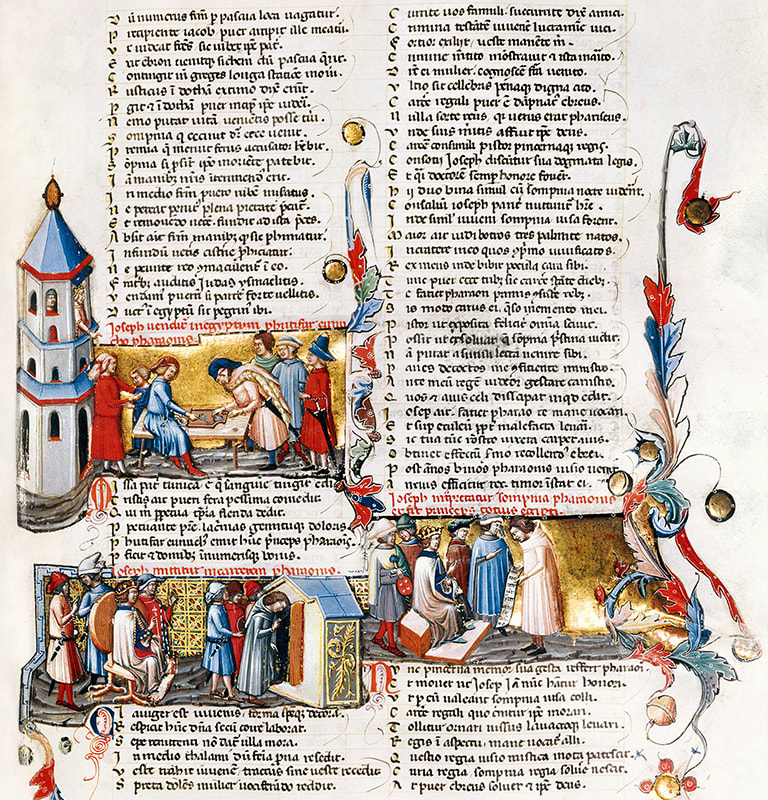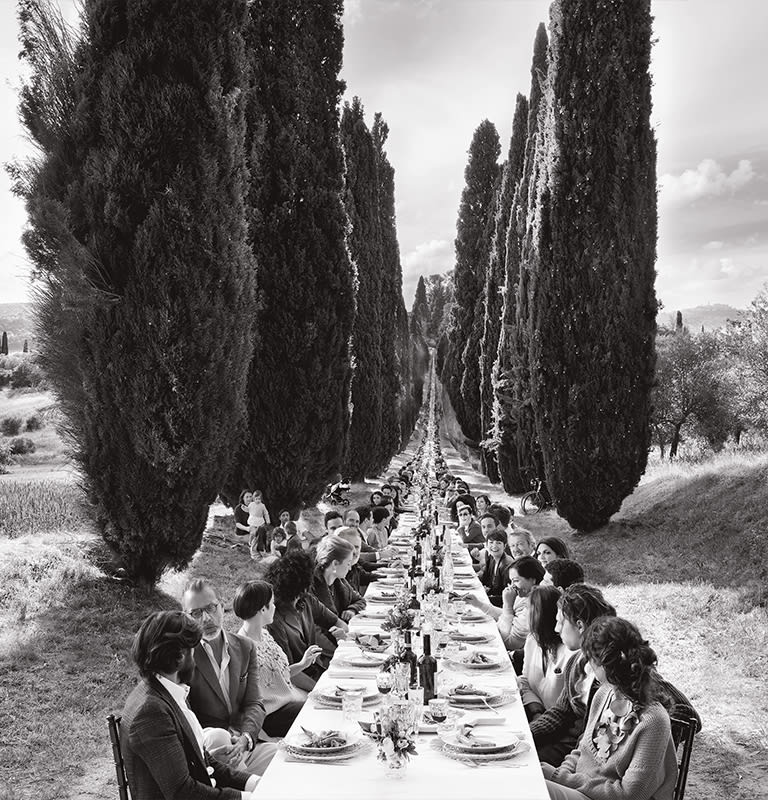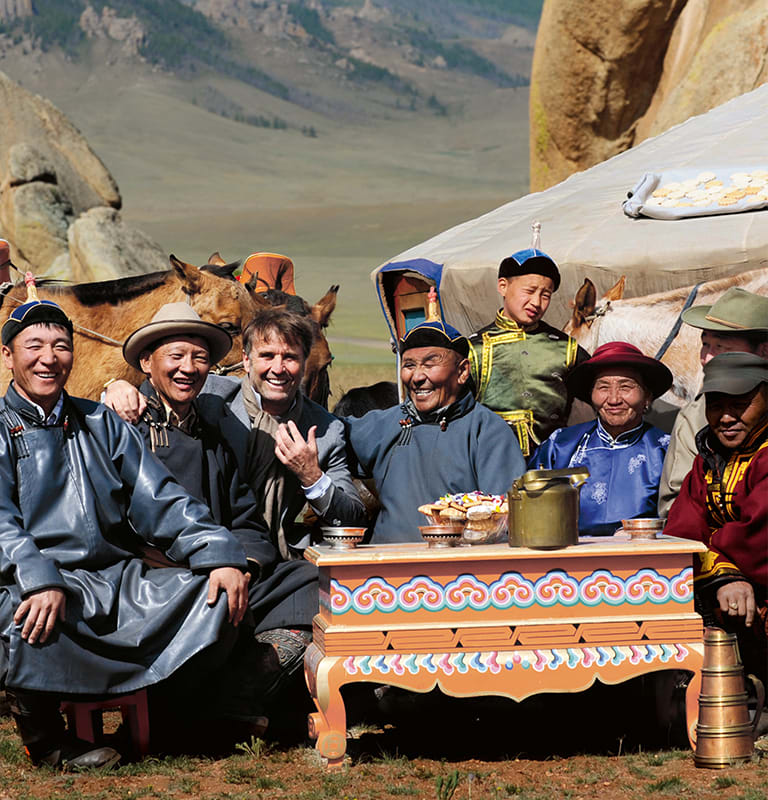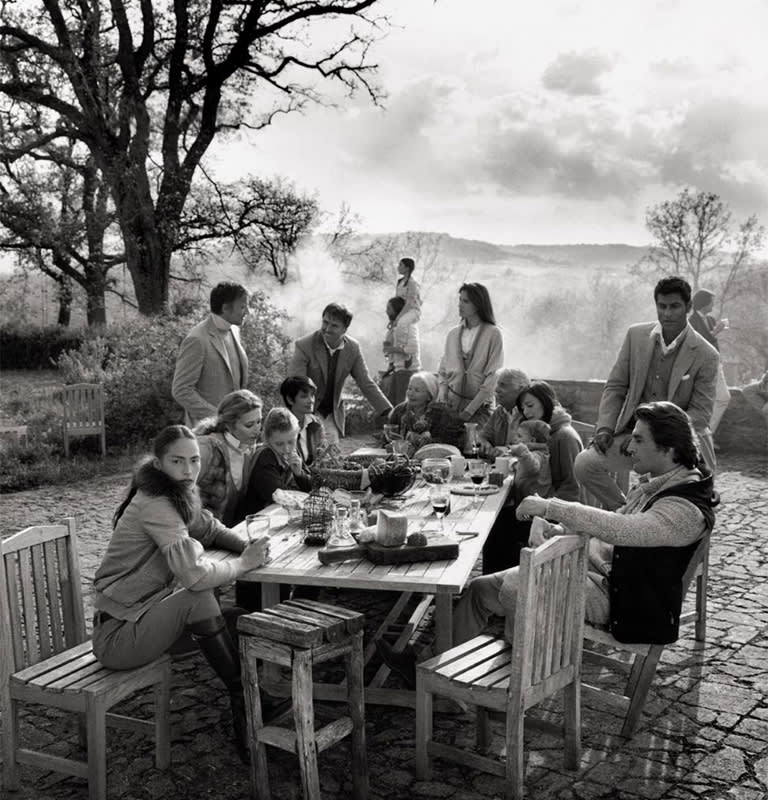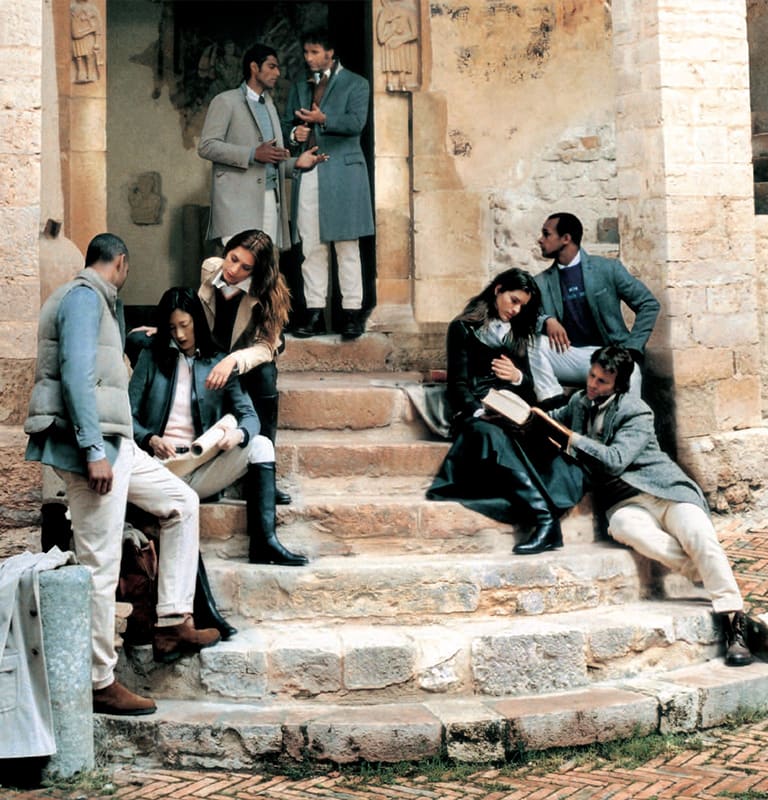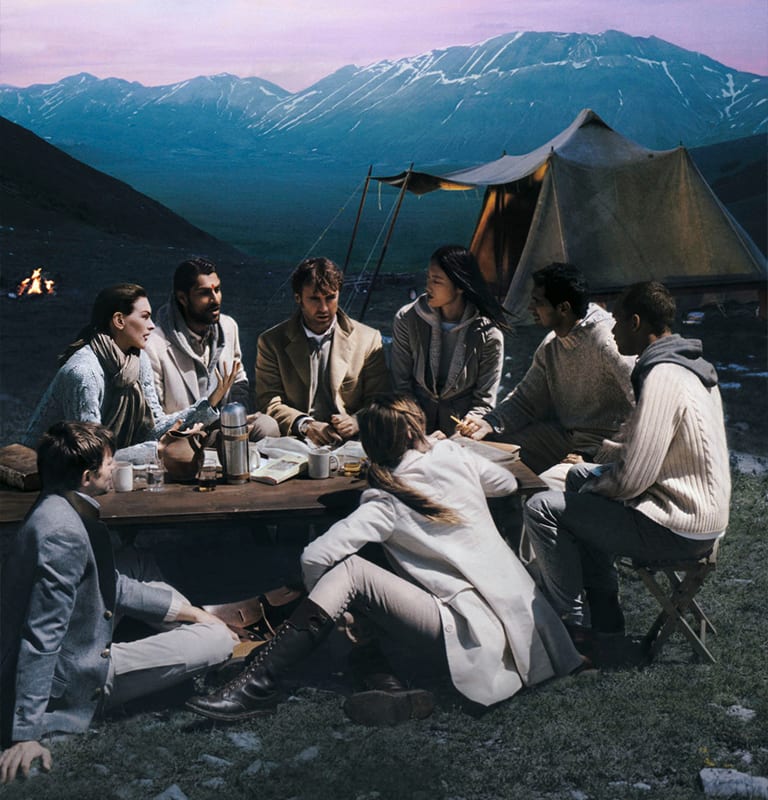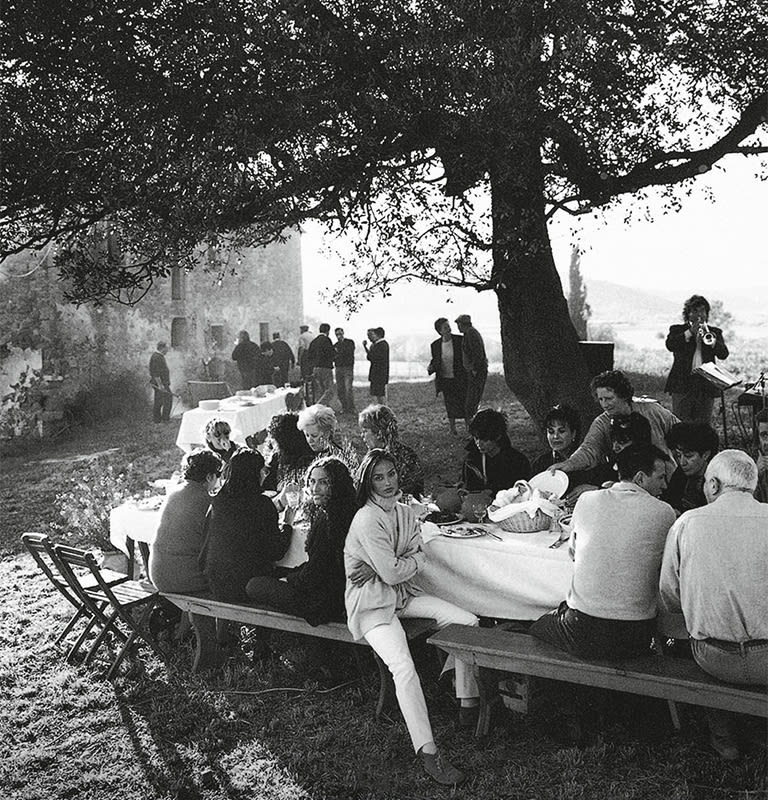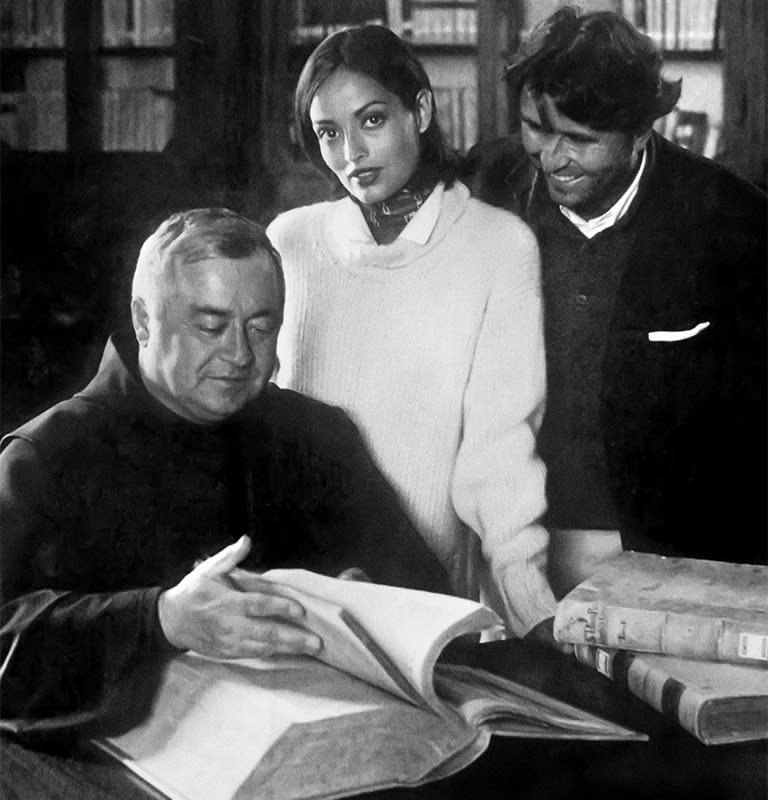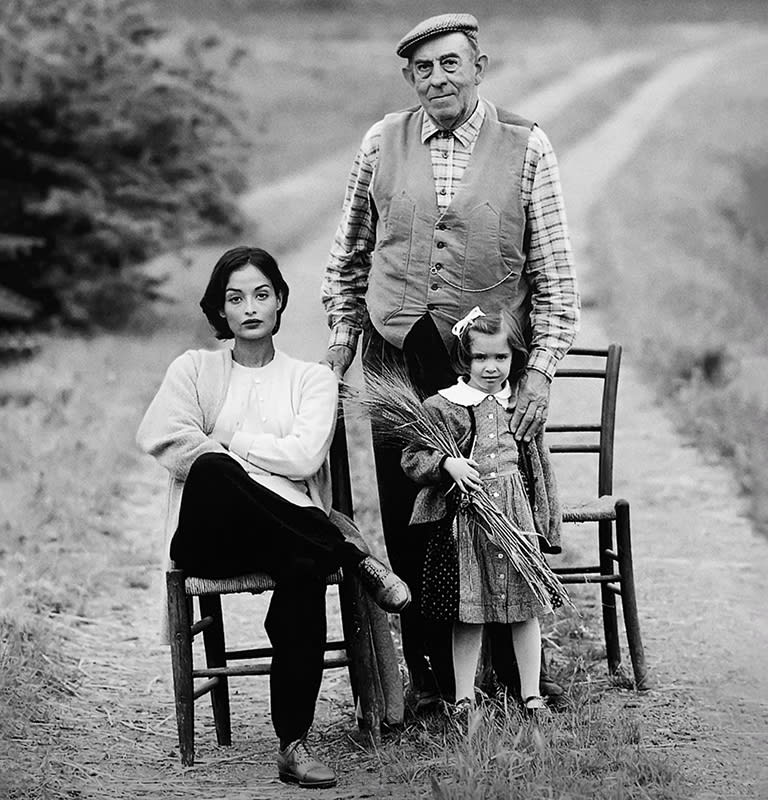label.skip.main.content
"Nature does nothing in vain."
Aristotle
Fall-Winter 2015
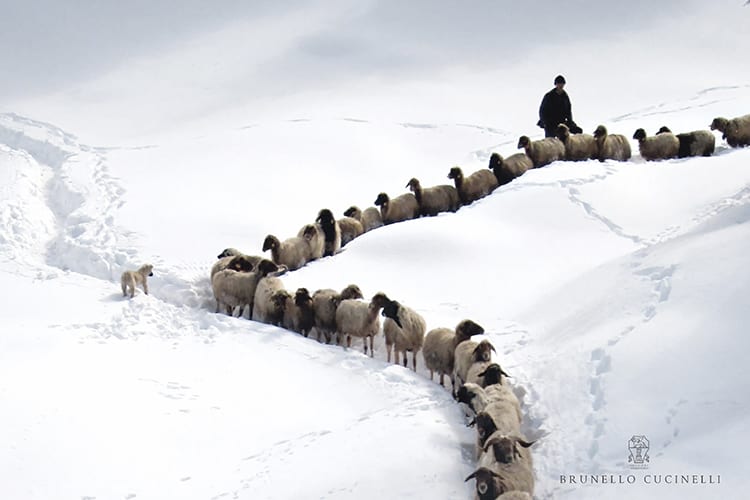
The Nature of Theophrastus and of the Franciscan Monks is Nature naturans, Nature untouched by man, one that nurtures and heals without asking anything, as sung centuries later by Giordano Bruno and Baruch Spinoza. The concept of Nature Scientiae of Galileo and de Vries, born during the Renaissance and which persists today, is becoming increasingly important. Nature sentimentalis is the romantic notion held by Rousseau and many others, like Charles Dickens, Alessandro Manzoni, Huizong, Mark Twain, Katsushika Hokusai, Edgar Allan Poe, and each of us.
As symbols, the examples cited allow us to enter into direct contact with the deeper meanings of things: in this case, of Nature. Always divided between matter and the divine, albeit in various attitudes influenced by the progress of culture and the needs of history, Nature has always been the ultimate and inescapable reference for humanity, as we depend on it for life and for death, individually and collectively.
In this great mother, over time, but also beyond time, humankind has sought, feared, desired, and loved the deity who created us, the generous and spontaneous nurse that fed us, the fury that struck us. From the Renaissance on, having become proud, we have wanted to investigate it, succeeding first at discovering its mysteries, and thus at modifying it. From receptor to actor: man, who in his earliest years suckles milk from his mother’s breast, in adulthood takes care of her, and then takes on the huge task of keeping her alive in order to remain alive himself.
Perhaps earlier, when the human beings could do nothing but submit to the rhythms and quantity of life, as its subjects and offspring and certainly unaware of the future, lived in a kind of serene condition in which they completely deferred to a superhuman order.
In the modern era, the progress of mankind has changed this relationship fundamentally, forcing upon us a great responsibility and posing a huge ethical problem. How should we handle the new opportunities that allow us to intervene in Nature, modifying it from within? To what extent it is permissible, or useful? We do not yet know the answer to this question, but we do know that it will determine whether we will have a life full of beauty or a dramatic death. The Tower of Babel tells the story of men who, having dared too much in search of the truth, were lost. It is a vigorous image, and it maintains evocative power and relevance even outside of its religious context.
We must be inspired precisely by natural laws, those of the necessity of things. According to Aristotle, Nature “never does anything useless,” and, we can also add, it never does anything superfluous. Even the lush plumage of peacocks, with its thrills and its bright colours, has a reason and a purpose. Let’s return to Giotto’s monk, and imagine following step by step the water that flows from the rock: first a small trickle, then a bubbling stream, then, in the valley, a majestic river, and finally the infinite vastness of the sea. A journey that can last for thousands of kilometres, but that never follows a single trajectory, a single river bend, that isn’t essential, economic and efficient. For us it is the same. To believe that the tools of modern technology are our enemy is just an excuse, because it is always we who choose how to use them, effectively and efficiently, to achieve progress.
Prince Myshkin, when he said that beauty would save the world, was laughed at. But like many other visionaries who were humiliated by their contemporaries, he was right. Beauty will save the world: our only task is to save beauty, and we can do this with simplicity and ethics, watching and learning, with courage and love, from Nature.


